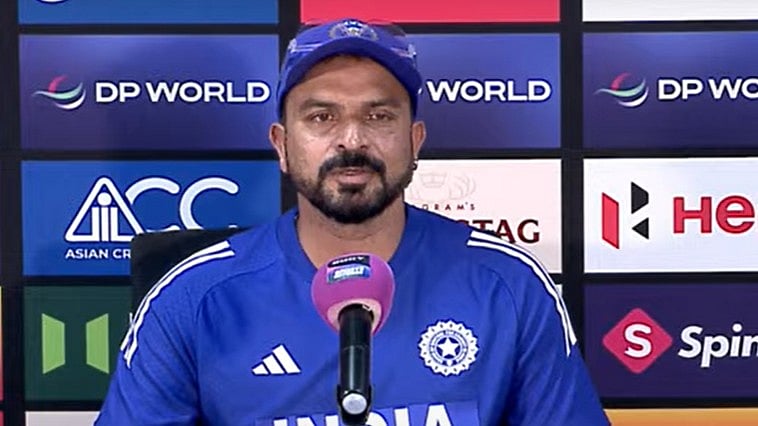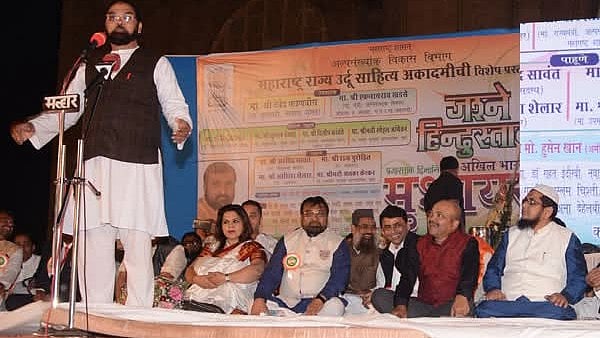The Union Minister for Road Transport and Highways, Nitin Gadkari, recently announced that India will soon become the number one manufacturer of Electric Vehicles (EVs) in the world. While the country’s EV adoption among retail buyers is still at a nascent stage, Gadkari said he is confident that lithium-ion batteries (which power EVs) will soon be manufactured in the country. This will definitely give the much-needed push to India’s EV architecture.
Why we need to shift to EV
With the air quality in a majority of Indian cities ranging between poor and very poor, the need of the hour is a less polluted environment. And that’s possible if at least 30 per cent of fossil-fuel run cars are converted to electric vehicles.

Tata Nexon EV |
Is it worth the money?
Compared to conventional cars, an EV’s maintenance cost is next to zero. There’s no need to change the oil, filter (obviously), etc. thus saving a large chunk of money. However, do remember that EVs are priced a bit higher than their conventional counterparts.
On the other hand, as fuel prices have crossed Rs 90 per litre in most states, car owners from all economic strata have felt the heat. EVs make a strong case as a viable option for an affordable purchase in the long run.
If you calculate, 15 units of electricity is consumed to charge an EV each day. The charging price would be Rs 90 to Rs 100 for a full battery that gives you 180 to 350 km, depending on the car. So, despite the initial large outlay, you will save money eventually.
Money and mileage
At present, India has eight EVs, priced between Rs 4.5 lakh to Rs 1 crore plus. However, Tata Nexon EV, Tata Tigor EV and Mahindra E Verito are the ones that you actually see on the roads.
The Mahindra E-Verito offers 181 km in a single charge, while TataTigor EV offers around 215 km. One can drive the Tata Nexon EV for 312 km in a single charge and the Hyundai Kona EV for 452 km. However, most of these figures are manufacturer-claimed and are still being tested for practicality.

Mahindra E-Verito |
The battery conundrum
Charging infrastructure is a hurdle every EV manufacturer faces. What Tesla, the pioneer in EVs in the USA, did is phenomenal. With 20,000+Superchargers, Tesla owns and operates the largest global, fast charging network in the world. To use a Supercharger, simply plug in and charge automatically. With the Tesla app, you can view availability, monitor your charge status or get notified when you’re ready to go.

Tesla EV |
However, India is not there yet. “For instance, we have placed removable batteries on our daily commute bikes so that one can easily detach the battery from the vehicle and charge it back at home. We also made sure to make it compatible for the normal charging outlet to counter the hassle of setting up 15amp sockets,” says Ravi Nambiar, President, International Sales, Wardwizard Group Joy e-Bike.
“Charging technology has advanced dramatically. In the next few years, the charging voltage of passenger cars will be upgraded from 500 V to 800 V, the charging time will be shortened from about 1 hour to 10-15 minutes, close to the fuelling duration of today. The distance per charge is getting longer, easily reaching 300 miles,” says Maneesh Singh, Vice President, Strategic Development, DAO EV Tech, a smart electric mobility manufacturing startup in Hyderabad.
What’s ailing the power trip
“In the coming years, it will be crucial to overcome some of the critical barriers that exist today that hinder the adoption of EVs. These barriers include higher prices when compared to petrol/diesel vehicles, range anxiety, and lack of charging infrastructure. Over the past two years, we have seen progressive actions undertaken by the ecosystem players to overcome these barriers. Tata Motors has been one of the original equipment manufacturers tom focus on overcoming these barriers through product actions as well as ecosystem development efforts,” explains Shailesh Chandra, President, Passenger Vehicle Business Unit, Tata Motors.
Here's a quick QnA
Q. Is an EV similar to drive as conventional cars?
Ans. Yes. It’s smoother and refined. There is absolutely zero engine noise, which translates to hours of driving without fatigue.
Q. Are people buying EVs?
Ans. In 2019-20, about 3.8 lakh electric vehicles were sold in India, of which 58 per cent were low-speed three-wheelers and 40 per cent were two-wheelers. Tata has sold close to 3,000 units of Nexon EV since its launch in January 2020.
Q. Are EVs easy to maintain?
Ans. Compared to conventional cars, EVs hardly need maintenance because there is no emission, so no need to change engine oil and filter.
Q. Do I need to visit a garage for repairs?
Ans. Compare your EV to a smartphone. Engineers can actually visit your site and repair minor things instantly. It is only for accidents or severe damages that you need to visit a garage.
Q. Why are EVs more expensive than regular cars?
Ans. An EV battery pack needs lithium-ion cells and uses metals such as lithium, cobalt, nickel and manganese. These are the same batteries that come with your laptop or smartphone. The production of these batteries is limited. Plus, India needs to import lithium from Chile or Argentina, making the process expensive.











